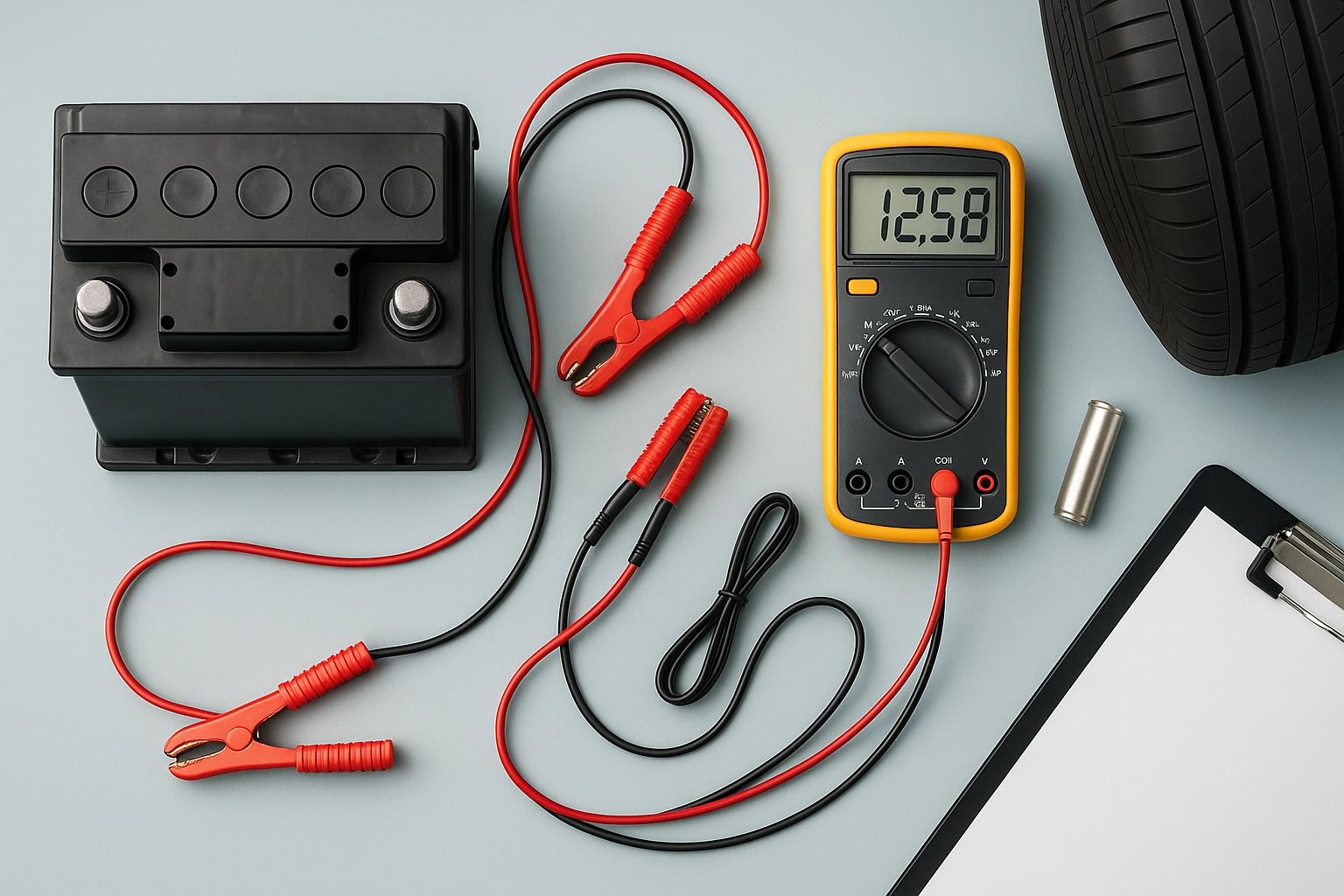SAE J3237 Lithium Ion Battery Abuse Resistance Test
The SAE J3237 Lithium Ion Battery Abuse Resistance Test is a critical procedure used to evaluate the safety and reliability of lithium ion batteries under extreme conditions. This test, recognized by the Society of Automotive Engineers (SAE), simulates various abusive conditions that could occur in real-world scenarios such as overcharging, thermal abuse, mechanical impact, short-circuiting, and vibration. The primary objective is to ensure that the battery maintains its structural integrity, electrical performance, and safety under these stresses.
The SAE J3237 test is widely used by manufacturers of automotive components, electric vehicles (EVs), and related industries to comply with international standards for product quality and safety. By subjecting batteries to a series of abuse conditions, it helps identify potential design flaws or manufacturing defects that could lead to hazardous situations such as battery overheating, internal shorts, or even explosions.
The test is not only essential for the automotive sector but also crucial for broader industries reliant on lithium ion technology, including consumer electronics and energy storage systems. The SAE J3237 specifies a set of abuse conditions that must be applied in a controlled laboratory environment to simulate real-world stressors. Compliance with this standard ensures consistent quality and safety across different applications.
The test typically involves subjecting the battery to multiple cycles of overcharging, thermal cycling, mechanical impact testing, short-circuiting, and vibration tests. Each condition is designed to push the limits of the battery's design without causing catastrophic failure. The results are then analyzed for any changes in electrical performance, structural integrity, and safety features.
The SAE J3237 Lithium Ion Battery Abuse Resistance Test plays a vital role in ensuring that lithium ion batteries meet stringent safety requirements before being integrated into vehicles or other applications. By adhering to this standard, manufacturers can provide safer products that contribute to the overall reliability of electric vehicle systems and enhance consumer confidence.
For quality managers, compliance officers, R&D engineers, and procurement professionals involved in automotive testing, understanding the SAE J3237 Lithium Ion Battery Abuse Resistance Test is essential. This knowledge enables them to make informed decisions about product development, material selection, and process improvements that ensure adherence to industry best practices.
Applied Standards
The SAE J3237 Lithium Ion Battery Abuse Resistance Test is based on the following international standards:
- SAE J3237: Standard for Lithium Ion Battery Abuse Resistance Testing
- ISO 12405-4:2016: Safety of rechargeable batteries - Part 4: Abuse testing methods
- ASTM F871-09a: Standard Test Method for Evaluating Lithium-Ion Cells and Batteries
- IEC 62133: Safety of rechargeable batteries intended for use in road vehicles
These standards provide a framework for conducting the SAE J3237 test, ensuring that all procedures are consistent and reproducible across different laboratories. Compliance with these standards is crucial for manufacturers to ensure their products meet regulatory requirements and industry expectations.
Scope and Methodology
| Abuse Condition | Description | Test Parameters |
|---|---|---|
| Overcharging Test | The battery is subjected to a charging condition that exceeds its nominal capacity by 10%. | Charging current, voltage, and duration are monitored for each cycle. |
| Thermal Abuse Test | The battery is exposed to temperatures ranging from -40°C to +95°C in a controlled environment. | Temperature monitoring and heat dissipation analysis during the test. |
| Mechanical Impact Test | The battery is subjected to mechanical impacts using specified weights and velocities. | Impact force, angle of impact, and post-impact inspection. |
| Short-Circuiting Test | The battery is connected in a short-circuited condition for a specified duration. | Current flow measurement and monitoring of internal resistance changes. |
| Vibration Test | The battery is subjected to controlled vibration forces that simulate transportation conditions. | Vibration frequency, amplitude, and duration are recorded. |
The SAE J3237 Lithium Ion Battery Abuse Resistance Test involves several key steps. First, the batteries undergo rigorous quality assurance checks to ensure they meet specified electrical and mechanical parameters. Next, the batteries are subjected to a series of abuse conditions as outlined in the test protocol. During these tests, data is collected on various performance metrics such as voltage, internal resistance, temperature, and current.
After each abuse condition, the battery undergoes post-test inspections to assess structural integrity and electrical performance. This includes visual inspections for any visible damage or leaks, as well as more detailed checks using specialized instruments like impedance analyzers and thermal imaging cameras. The results of these tests are analyzed to determine whether the battery has sustained any significant changes in performance or safety features.
The SAE J3237 Lithium Ion Battery Abuse Resistance Test is a comprehensive process that ensures the highest level of safety and reliability for lithium ion batteries used in automotive applications. By following this standard, manufacturers can produce products that meet strict regulatory requirements and provide peace of mind to consumers.
Customer Impact and Satisfaction
The SAE J3237 Lithium Ion Battery Abuse Resistance Test has a significant positive impact on customers by enhancing product safety, reliability, and compliance with international standards. By ensuring that lithium ion batteries meet the rigorous requirements of this test, manufacturers can provide products that are less likely to fail under extreme conditions.
This, in turn, leads to increased customer satisfaction as consumers trust that the products they purchase will perform consistently and safely over time. For automotive manufacturers, compliance with SAE J3237 helps maintain a strong reputation for quality and safety, which is crucial in an industry where consumer confidence plays a vital role.
Additionally, adherence to this standard can help reduce warranty claims and product recalls, saving manufacturers valuable resources and improving their bottom line. By investing in the SAE J3237 Lithium Ion Battery Abuse Resistance Test, customers can rest assured that they are purchasing products that have been rigorously tested to ensure safety and reliability.





